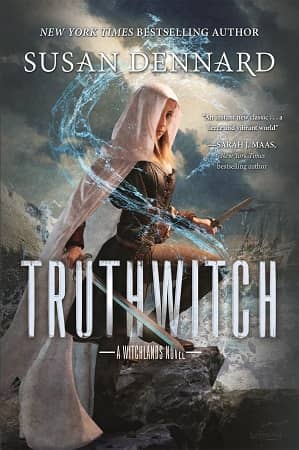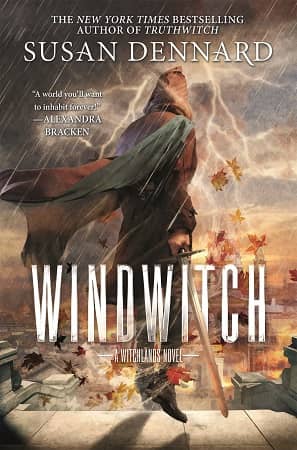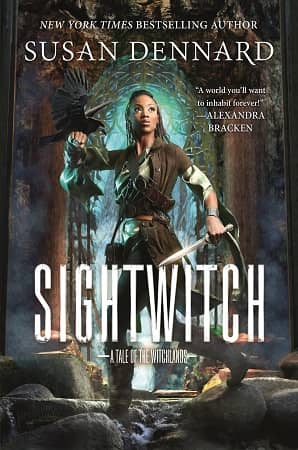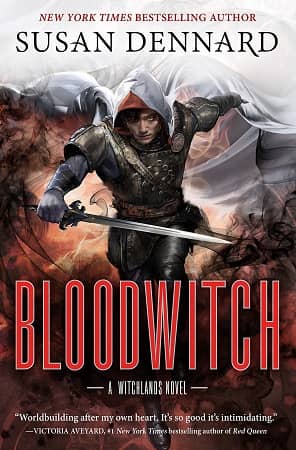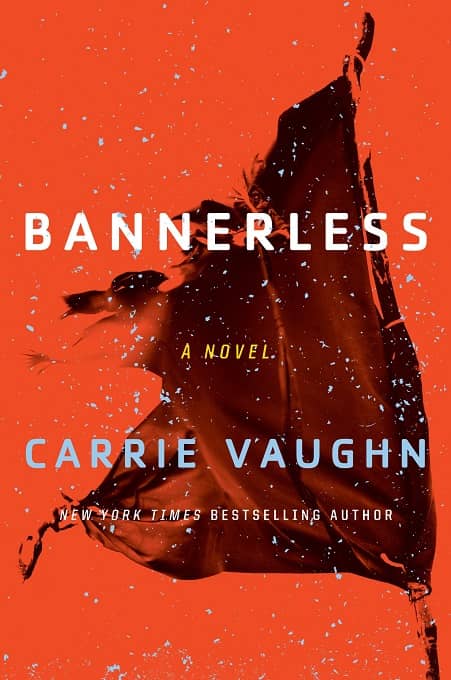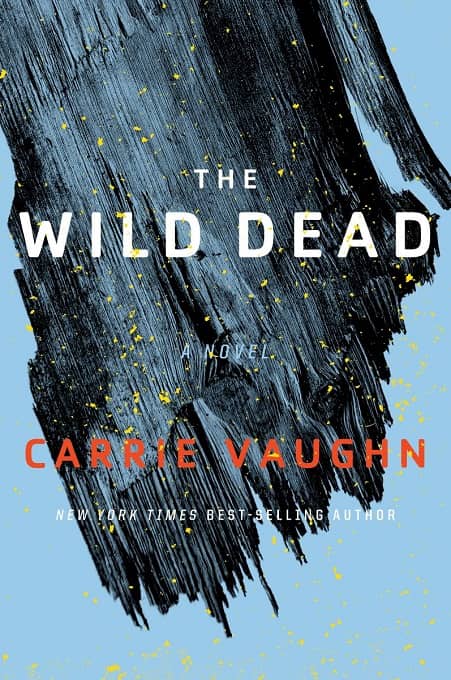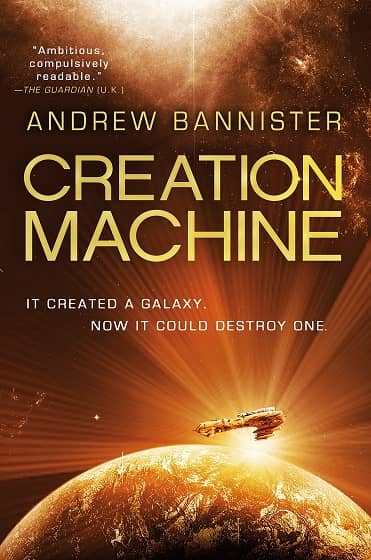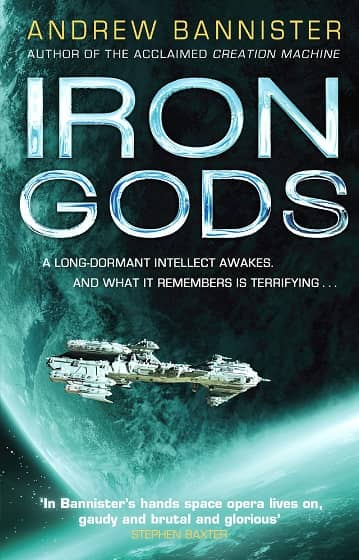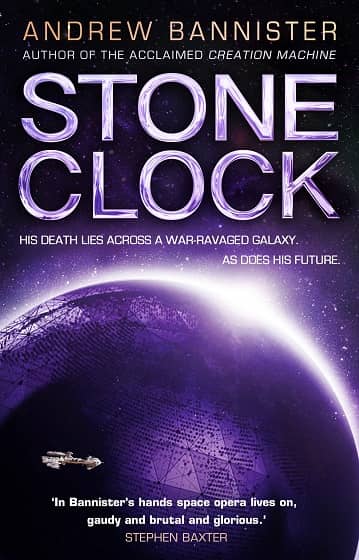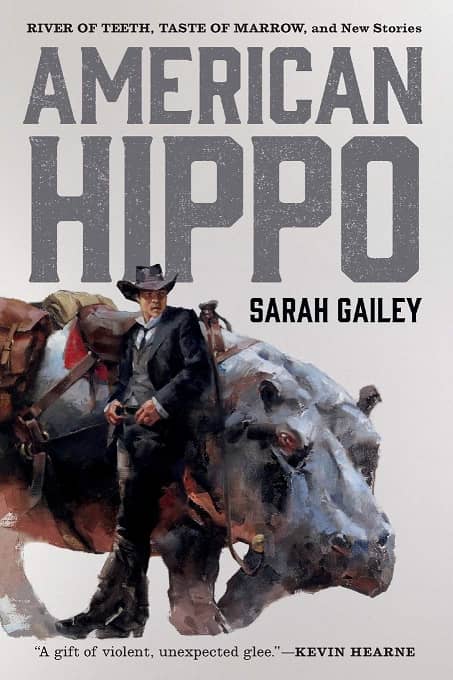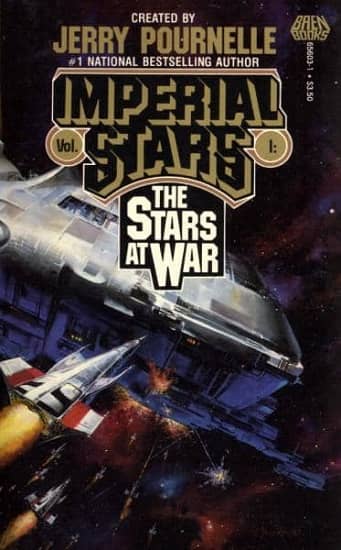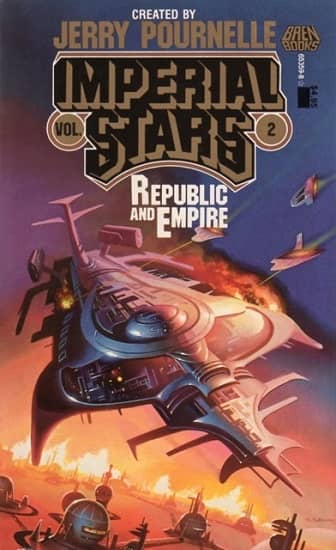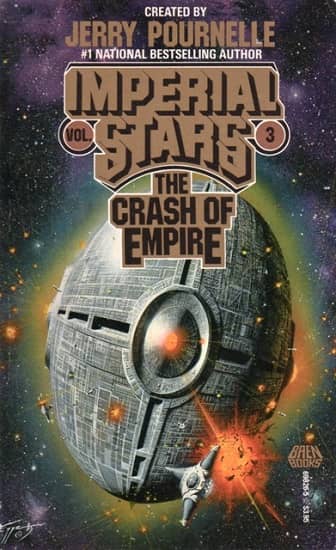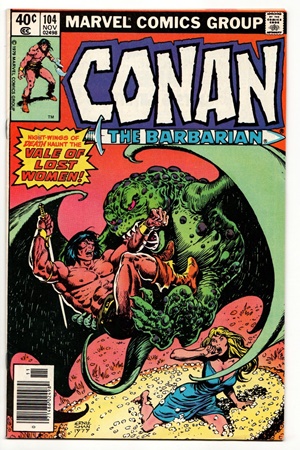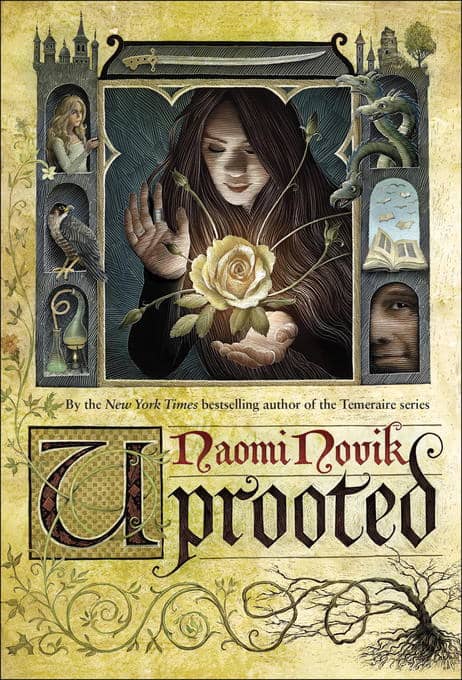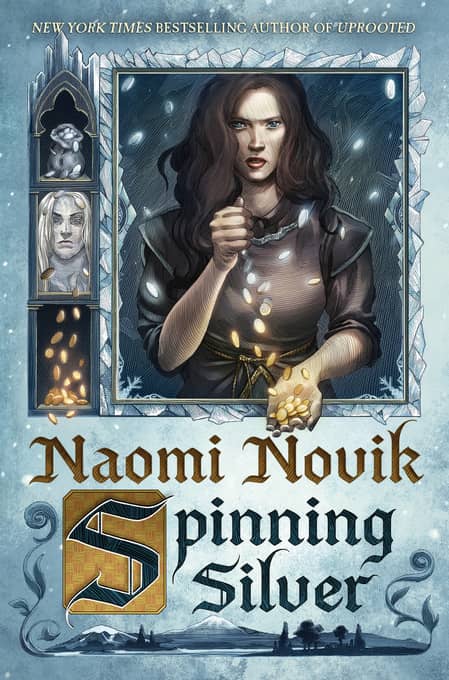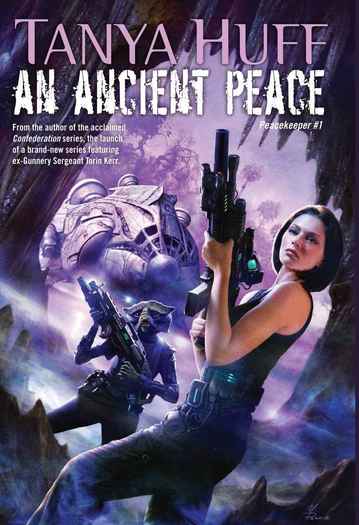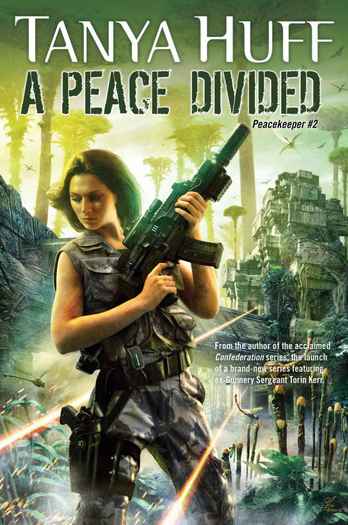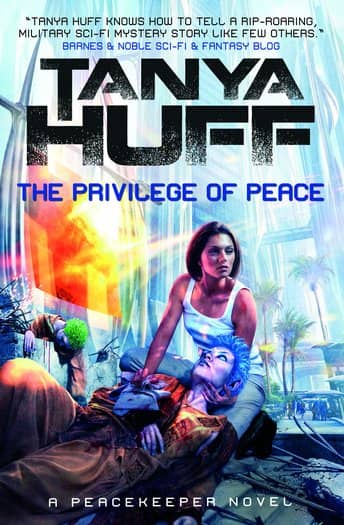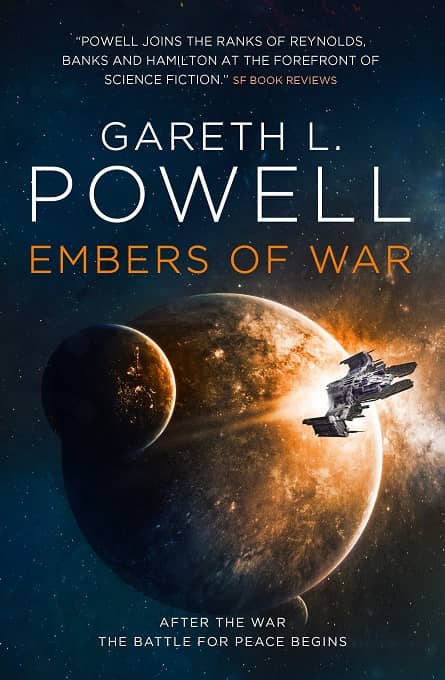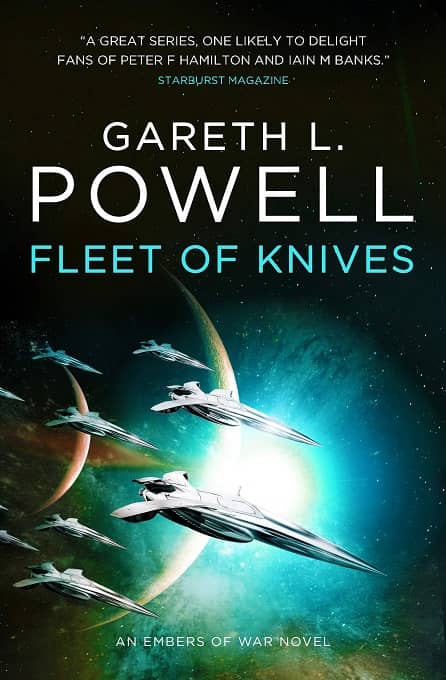A Time Travel Epic of Grand Scale and Everyday Life: Time’s Children by D.B. Jackson
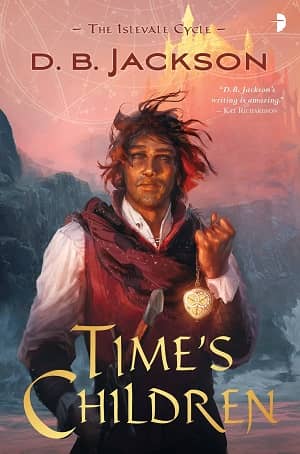 Time’s Children is the first novel in a new series called The Islevale Cycle, by D. B. Jackson, one of my favorite fantasy authors. Jackson excels at fully realized worldbuilding, including nature, culture, history, religion, politics — the grand scale and everyday life. Islevale is no exception: a large collection of islands with a great variety of culture and nature among them, as well as travel by ship on the waters between. Our young hero Tobias has been raised in Trevynisle, trained in practical and magical studies. He is quickly swept into his travel adventure on a merchant sailing ship, and then to various city and wilderness locations throughout Islevale.
Time’s Children is the first novel in a new series called The Islevale Cycle, by D. B. Jackson, one of my favorite fantasy authors. Jackson excels at fully realized worldbuilding, including nature, culture, history, religion, politics — the grand scale and everyday life. Islevale is no exception: a large collection of islands with a great variety of culture and nature among them, as well as travel by ship on the waters between. Our young hero Tobias has been raised in Trevynisle, trained in practical and magical studies. He is quickly swept into his travel adventure on a merchant sailing ship, and then to various city and wilderness locations throughout Islevale.
The magic of Islevale centers around Travelers: Walkers, who can travel through time; Spanners, who can move instantly between great distances; and Crossers, who can move through solid objects. The magic is a combination of innate talent and the use of special tools to calibrate each destination. Tobias is a Walker, and we learn the intricacies of these magical abilities through his experiences.
Time travel is a challenge for any storyteller, and Jackson builds a solid and realistic framework for the Walkers. The amount they move forward or back in time is added to their physical body. For instance, if Tobias goes back one week in time and then returns the one week day to his original “present,” his body ages two weeks, although his mind and memory would only have aged the amount of time he experienced during the “trip.” Trevynisle’s governing rules prevent Walkers from going more than one year past or future. But Tobias accepts a mission to go fourteen years in the past — he leaves his “present” as a fifteen-year-old boy and arrives in the body of an almost-thirty-year-old man. The characters wrestle with the mechanics and morality of time travel and their actions in the past, present, and future — their choices have real consequences, anticipated or not.
I also particularly enjoyed the elements of daily life that affect the characters and the action. When Tobias is called before the Lord Chancellor of Trevynisle, he comes immediately from sword practice — hot, sweaty, and concerned about appearing in such rough condition. When he rescues infant Sofya, he suddenly has to deal with feeding, changing and caring for a baby — in addition to evading assassins still intent on completing their mission!
Tobias is not our only point of view character — in fact, we see the story from many different perspectives, including the antagonists. I enjoy this kind of storytelling, and Jackson does an amazing job building the richness of the world and presenting each point-of-view character with their own voice. In addition to the broad cast of human characters, there are other intriguing species in Islevale — mostly dangerous to humans. On Trevynisle, Tobias has befriended Droë a mysterious Tirribin who becomes an integral part of the story. Through Droë, we learn of other magical creatures whom the humans only know as “demons,” such as the predatory Belvora, all bound by the oaths and laws of the Distraint. I was pleasantly surprised to see Droë become a more central character, and I hope to see more of her and the other “demons” in the rest of the series.
